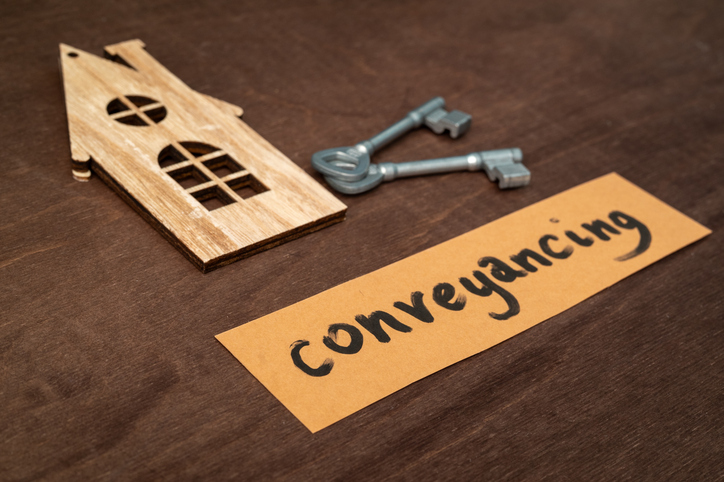
Conveyancing is a crucial part of buying or selling property. To help you navigate this process, we’ve compiled answers to some of the most frequently asked questions about conveyancing.
What is Conveyancing?
Conveyancing is the legal process of transferring the ownership of a property from one person to another. It involves various steps, including conducting searches, formalising legal documents, and reviewing the property title to ensure there are no issues.
How Long Does the Conveyancing Process Take?
The conveyancing process can vary in duration, but it typically takes between 8 to 12 weeks. Factors such as the complexity of the transaction, the efficiency of the parties involved, and any unforeseen issues can affect this timeline.
What Are the Costs Involved in Conveyancing?
Costs associated with conveyancing include:
- Legal Fees: Charged by your solicitor or conveyancer.
- Disbursements: These are additional costs such as local authority search fees, Land Registry charges, and bank transfer fees which are incurred by your conveyancer and passed on to you.
- Stamp Duty Land Tax: An HMRC tax payable by buyers, depending on their circumstances and the property price.
When Should I Instruct a Conveyancer?
If you are selling a property, it’s advisable to instruct a conveyancer before putting your house on the market. For buyers, you should contact a conveyancer before making an offer on a property. In either case, your conveyancer will need to complete their client due diligence checks with you, therefore the earlier you instruct them the sooner they will be able to begin the conveyancing work once an offer is accepted.
Can the Same Conveyancer Act for Both the Buyer and the Seller?
Conveyancers must ensure that they are able to represent their client’s interests without it conflicting the interests of another client. Therefore, most conveyancers choose not to act for both parties to a transaction. However, providing both parties agree, there may be exceptional circumstances where a conveyancer does act for both a buyer and seller of the same property.
What Happens if There Are Issues with the Property Title?
Your conveyancer will investigate the property title to ensure there are no legal issues that could affect your ownership. If any problems are found, they will advise you on the best course of action, which may include resolving the issues or reconsidering the purchase.
When Should I Hand in My Notice if I Am Renting?
It’s usually recommended not to hand in your notice if you are renting until you have a confirmed completions date. Ideally, this will be on exchange of contracts where an agreed completion date is set to coincide with the end of your rental agreement, avoiding being left without a place to live or having to pay both rent and mortgage simultaneously. However, this is not always possible as it is reliant on the co-operation of other parties to the transaction. If you are renting you should always ensure that your conveyancer is aware of your notice period, to help them navigate this with the seller’s solicitor to try and reach a manageable solution.
Who Will Handle My Case?
It’s important to know who will be managing your case. The level of a conveyancer can vary from a qualified solicitor or legal executive, a licensed conveyancer, or a non-qualified paralegal. Make sure you are comfortable with the experience and level of qualification of the person handling your conveyancing.

